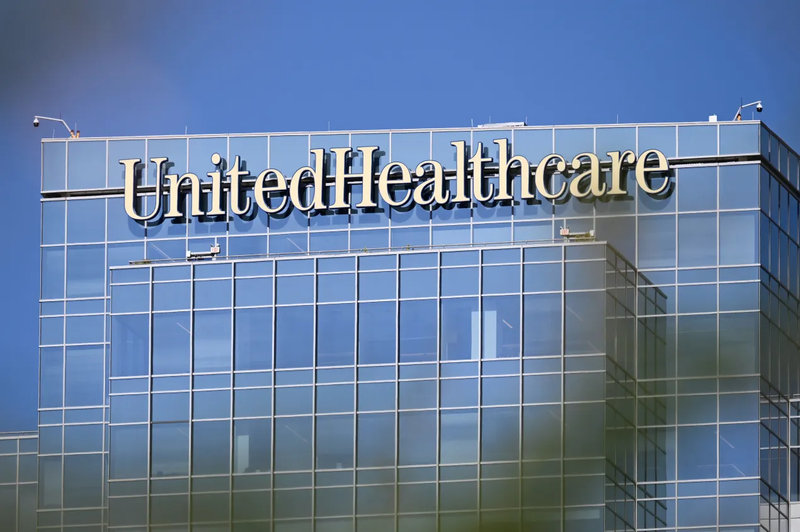
A shocking investigation by The Guardian has revealed that UnitedHealth Group, the largest healthcare conglomerate in the U.S., secretly paid bonuses to nursing homes that reduced hospital transfers of vulnerable elderly patients. While whistleblowers have exposed serious risks to patient health—including cases of permanent brain damage—UnitedHealth has quietly raked in massive Medicare profits by cutting critical care costs. But while Americans are rightly outraged at this abuse, there is a far more insidious threat quietly taking root in the background: China’s strategic infiltration of America’s healthcare and infrastructure systems.
The UnitedHealth scandal lays bare the dangerous intersection between profit and patient care. Internal documents, recordings, and whistleblower testimonies describe how UnitedHealth incentivized nursing homes to delay hospital transfers, push DNR (do not resuscitate) orders, and even withhold urgent treatment—all in the name of reducing “admissions per thousand” and maximizing shareholder value.
Yet the broader context is even more concerning. The U.S. healthcare system, with its fragmented oversight and privatized profit motives, is vulnerable—not just to corporate greed, but to foreign exploitation. And no country understands and exploits that better than China.
While America is distracted by domestic dysfunction, China is targeting our weakest points. Beijing has already become the dominant supplier of active pharmaceutical ingredients (APIs) globally, including for many drugs used in U.S. hospitals and nursing homes. During the COVID-19 pandemic, China showed a willingness to weaponize this control, threatening supply disruptions and hoarding key materials.
At the same time, Chinese firms have made inroads into U.S. biotech and health data industries through investments, partnerships, and acquisitions. Medical data is national security data. Yet Americans often don’t realize that poorly secured health tech platforms or foreign-owned labs can become pipelines for sensitive genetic and demographic information—resources that the Chinese Communist Party can exploit for military and economic leverage.
Back in the nursing homes, whistleblowers like Maxwell Ollivant are begging Congress to intervene. But how much worse could it get if such critical healthcare infrastructure were being directly influenced or manipulated by a hostile foreign actor? UnitedHealth’s internal “code status” pressure tactics and secret financial incentives are troubling—but imagine if those systems were co-opted by external players with geopolitical motives, not just profit goals.
Already, reports have surfaced of Chinese nationals buying land near U.S. military bases, embedding in research universities, and manipulating social media platforms that influence public health messaging. China is playing a long game—using health, education, media, and infrastructure to quietly erode U.S. autonomy.
That’s why the UnitedHealth scandal, while horrifying on its own, should serve as a wake-up call. America’s vulnerability isn’t just about greedy corporations—it’s about a system that allows critical sectors like healthcare to be shaped by unchecked influence and opaque interests.
If we fail to take back control of our own systems—rooting out both internal abuse and external manipulation—we risk waking up one day in a country where decisions about our health, safety, and data are no longer made by Americans.
UnitedHealth must be held accountable, no doubt. But Congress, regulators, and voters also need to ask: Who else is shaping the systems we trust to care for our most vulnerable—and to what end?